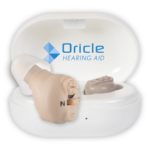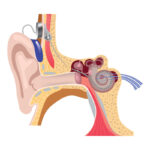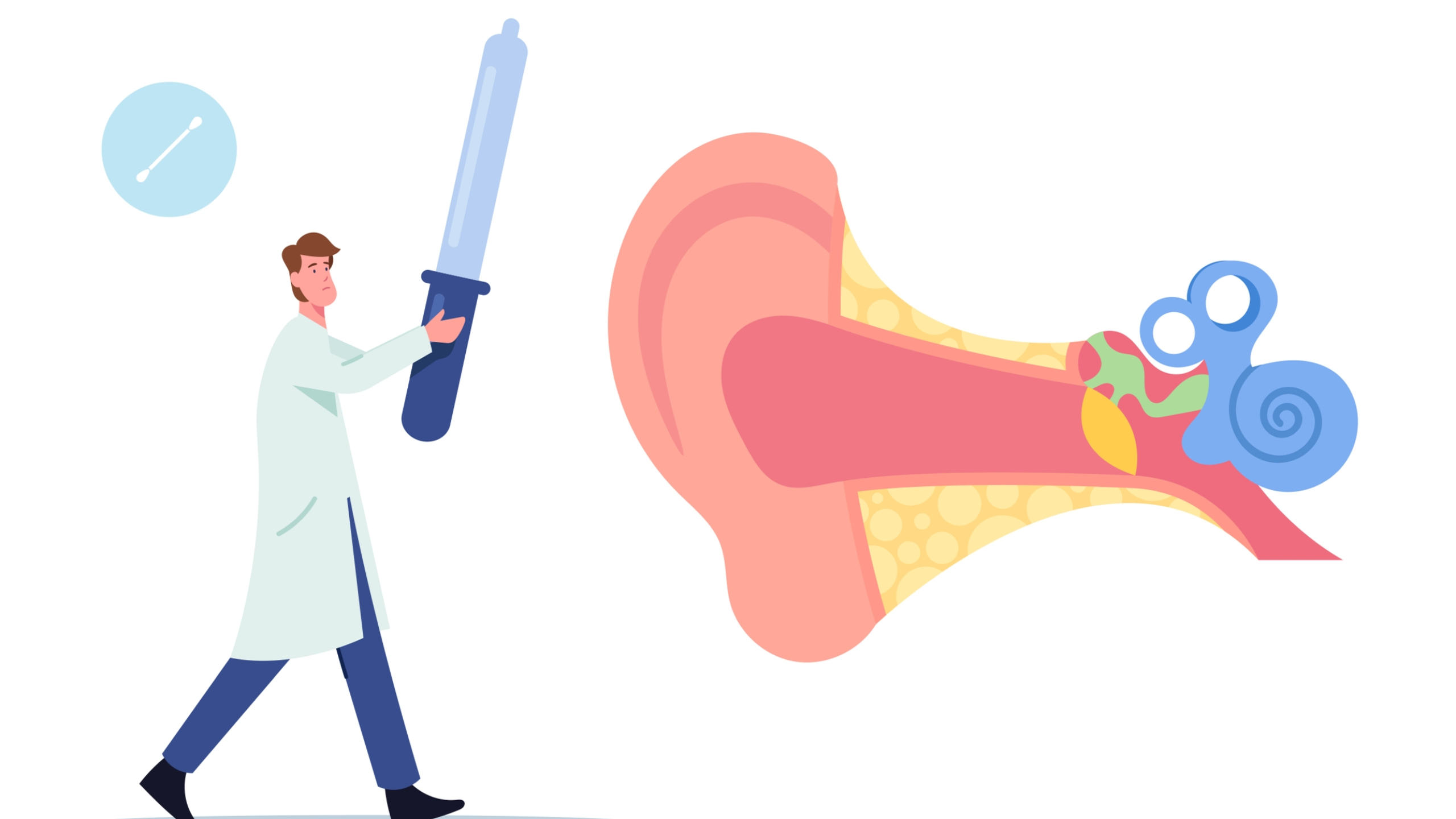Comprehensive Guide to Sinus Infection Tinnitus Treatments: Effective Remedies & Prevention Tips
If you're struggling with pulsatile or sinus infection tinnitus, you've come to the right place. Here's a guide to treatment options. Listed below are some of the most popular and proven methods for treating tinnitus. There's no need to suffer through another miserable day. If you've been suffering from sinus infection tinnitus for any length of time, you're not alone. Many people suffer from pulsatile or chronic tinnitus and there are several proven treatments for sinusitis-induced tinnitus.
Treatments for sinus infection tinnitus
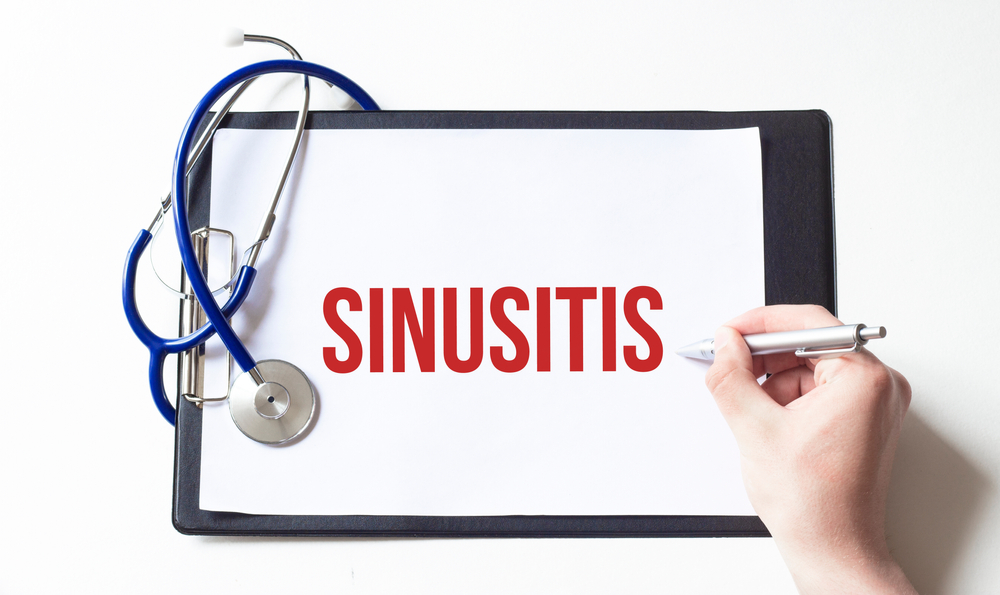
Although tinnitus is not a disease, it can be a side effect of sinus infection. The pressure in the middle ear caused by sinusitis can cause abnormal hearing, resulting in ringing in the ears. Sinusitis is an inflammation of the sinus lining, which can lead to thick nasal drainage, facial pain, and a low-grade fever. It can also result in pain in the teeth. The inflammation of the sinuses can also block the Eustachian tube, which connects the middle ear to the outer ear. The Eustachian tube is responsible for maintaining pressure within the ear, and when it becomes blocked, it can cause ringing in the ears.
If you suspect that you may have a sinus infection, your doctor may recommend a medication called a balloon sinuplasty. This is a minimally-invasive procedure that can be done in the doctor's office in about 20 minutes. After the procedure, the tinnitus is likely to subside. The condition is also treatable by avoiding loud noises and protecting your hearing.
In order to determine the root cause of your tinnitus, your primary care physician will conduct an examination of your head and neck to identify any underlying medical condition. Then, your doctor may refer you to an otolaryngologist, a physician who specializes in the ear, nose, and throat. The otolaryngologist will also order a tympanogram, which will measure the stiffness of the eardrum and its function. This test is relatively non-invasive and painless, and will likely resolve your symptoms within a few days.
The tinnitus may be caused by an irregular blood vessel connection, which is also responsible for arterial bruit. Another cause of pulsatile tinnitus is idiopathic intracranial hypertension. In addition, some tumors, namely the SSWA, may be the cause of pulsatile tinnitus. Sinusitis can also cause this type of ringing in the ears.
Treatments for pulsatile tinnitus
Pulsatile tinnitus is a condition that affects almost five million people in the United States. This ringing or pulsating noise can be extremely distressing, preventing many people from sleeping through the night. It's also a very disruptive condition as it can cause anxiety and depression. Unfortunately, a majority of people don't know how to identify pulsatile tinnitus and don't seek treatment. In these cases, a medical professional may be able to help.
Pulsatile tinnitus can be a symptom of an underlying condition, such as a blocked vein or artery. In such a case, a medical professional may recommend a procedure to open the blocked area and improve blood flow. Alternatively, a patient may choose to undergo a pulsatile tinnitus treatment.
Pulsatile tinnitus is caused by a variety of conditions, including brain aneurysms. A brain aneurysm can cause the symptoms of pulsatile tinnitus, and bleeding can lead to a type of stroke. There are several different treatments for this condition, and it is important to seek out a medical professional who specializes in treating this type of vascular disorder.
A medical professional will perform a thorough exam to rule out any other medical conditions that might be contributing to the symptoms of pulsatile tinnitus. An evaluation by a medical professional is important since the condition can be very difficult to pinpoint. Advanced Ear, Nose, and Throat Associates offers a variety of tinnitus treatments to help patients manage the condition.
There are several treatments for pulsatile tinnitus that may involve the removal of a blood vessel. If the condition is not detected and treated, it can cause dangerous health problems, including blindness and stroke. Fortunately, the majority of pulsatile tinnitus is treatable. If you are experiencing this condition, contact a medical professional immediately to get the treatment you need.
Besides sinus infections, pulsatile tinnitus can be caused by a number of other serious conditions. A physician may notice that it's the only symptom of a more serious problem, such as a dural arteriovenous fistula or idiopathic intracranial hypertension. Another possible cause is a pseudotumor. Some mental health issues can also exacerbate pulsatile tinnitus.
Treatments for chronic sinusitis
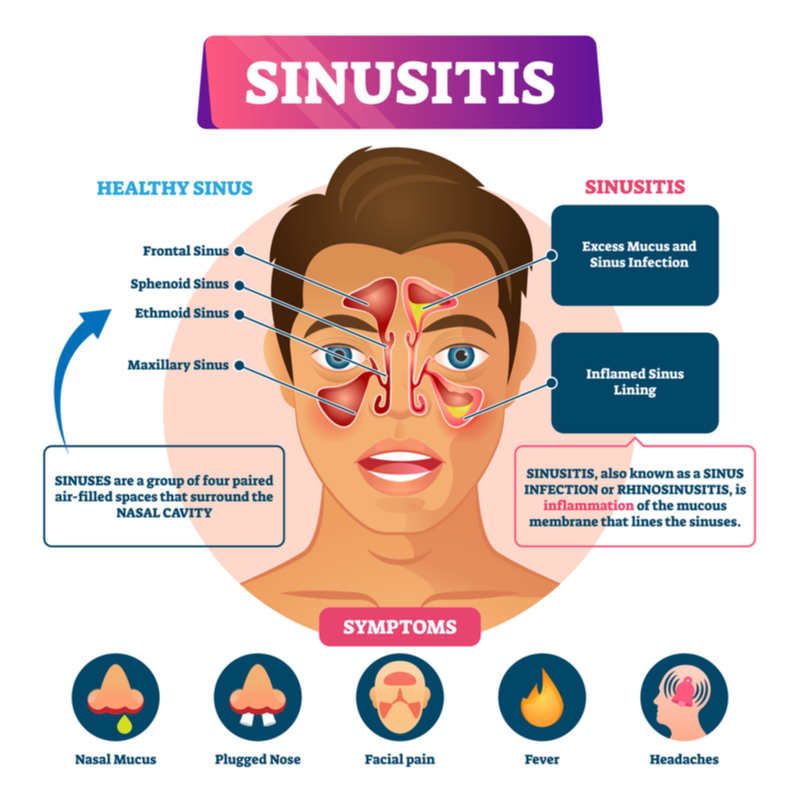
Sinusitis is a common cause of ringing in the ears. It is characterized by a high level of mucus production and swelling in the sinus cavities. The blocked Eustachian tube prevents liquids from leaving the middle ear. Inflammation and swelling in the sinuses can also cause ear infections and cause ringing in the ears. Fortunately, there are many treatments available to alleviate the symptoms of ear infections.
Depending on the underlying cause of your symptoms, your doctor may prescribe antibiotics, steroid sprays, or even surgery to improve your sinus drainage. Most often, chronic sinusitis is caused by the common cold or flu virus, but bacteria or fungal infections can also cause inflammation of the sinuses. Treatments for chronic sinusitis may include using nasal decongestants to ease congestion and treating allergies. In some cases, the symptoms may be alleviated by taking antihistamines or allergy shots.
If you suspect that you may have bacterial sinusitis, you should visit your doctor as soon as possible. Antibiotic therapy is the most common treatment for bacterial sinusitis, and it is usually effective within ten to fourteen days. Home treatments such as using a hearing aid or protecting your hearing are also an effective way to combat tinnitus. If you've suffered from ringing in the ears for years, you should contact a specialist to get the correct diagnosis and treatment for your condition.
A physician can diagnose sinusitis by examining the inside of your nose and assessing your symptoms. The patient may also be experiencing symptoms of nasal congestion or thick nasal discharge. The symptoms will vary from person to person, but they may include nasal congestion, low-grade fever, difficulty breathing, pain in the teeth, and/or a ringing or clicking in the ears. Some people may experience chronic sinusitis and have multiple attacks in a single year.
Another treatment for chronic sinusitis is surgery. In this procedure, a surgeon removes the affected tissue and opens the sinuses. The surgery causes less post-operative pain and allows patients to return to work in two to three days. However, these treatments have many side effects, including a chance of infection reoccurring. In addition to surgery, there are several other treatments for chronic sinusitis tinnitus.
Treatments for rhinitis-induced tinnitus
If you suffer from tinnitus, you might be suffering from a sinus infection. Sinus infections are caused by inflammation of the sinus cavities. As a result, mucus builds up, and inflammation causes the middle ear to swell. This abnormal pressure in the middle ear can interfere with normal hearing and cause tinnitus. In addition to the symptoms of sinusitis, nasal congestion from a sinus infection can cause ear pain and dizziness and can lead to ringing ears.
Treatments for sinus infection-induced tinkling include medications for the pain and pressure caused by sinus pressure. Antihistamines may be prescribed to ease the pain, but they can also aggravate the underlying problem. Seeing a sinus specialist will provide a comprehensive plan for treatment. Your doctor may prescribe medications to relieve the pain and pressure, or he or she may recommend a surgical procedure to enlarge the sinus openings.
Once a diagnosis is made, a physician may perform a physical examination to determine if the tinnitus is caused by a medical condition. If this is not possible, a physician may refer you to an otolaryngologist, or an ear, nose, and throat specialist. The doctor will examine the head and neck area, check for hearing loss and administer a tympanogram. Luckily, tympanograms are non-invasive and painless.
There is no cure for tinnitus, but the symptoms will improve gradually over time. Taking action to find the cause of the tinnitus will allow you to get on with your life as normal. And, of course, your doctor can recommend an appropriate treatment plan for sinus infection-induced tinnitus. This will also help you learn how to cope with this condition.
Although it is difficult to pinpoint the exact cause of the ringing in the ears, the best way to find the best treatment for sinus infection-induced tinnitus is to get rid of the source of the problem as soon as possible. This is important because the source of tinnitus is usually a sinus infection or a blocked nose. If the ringing in your ears is not caused by a sinus, the most likely cause is a bacterial infection. Treatments for sinus infection-induced tinnitus should include antibiotics and antihistamines.
Conclusion
Pulsatile or sinus infection tinnitus can be a distressing and disruptive condition, but there are several effective treatments available. The first step in treating tinnitus is to determine the underlying cause. Sinus infections, chronic sinusitis, and rhinitis can all contribute to tinnitus, and treatment options vary depending on the specific cause.
Treatment options can include medication, surgery, and lifestyle changes such as protecting your hearing. If you're suffering from tinnitus, it's important to seek medical attention to get the correct diagnosis and treatment. With the right treatment plan, the symptoms of tinnitus can be managed, allowing you to get back to your normal daily activities.


